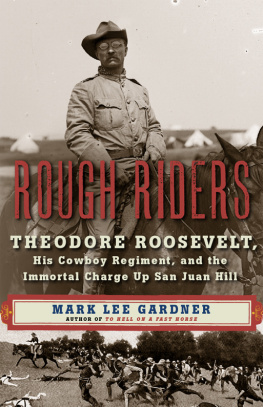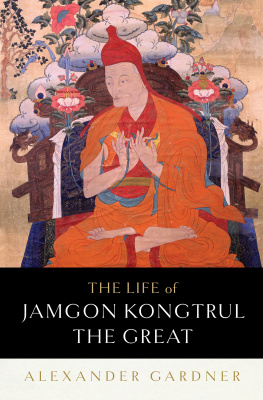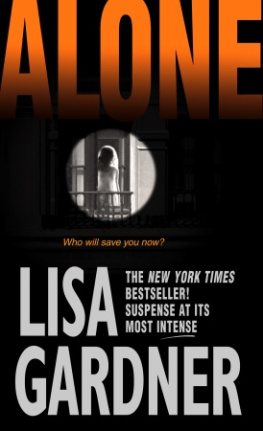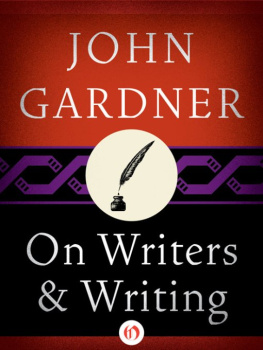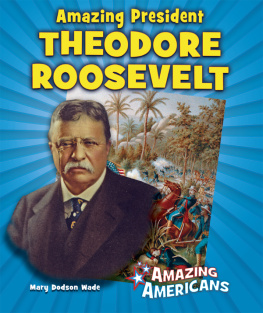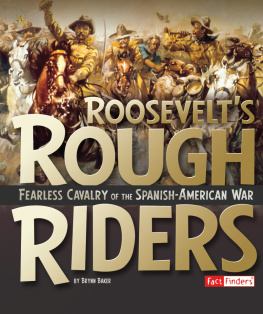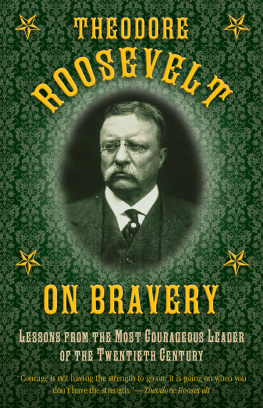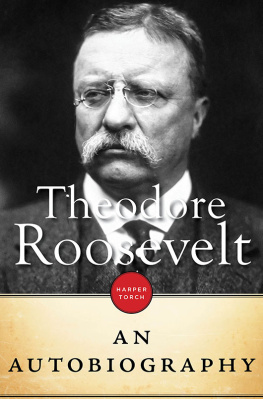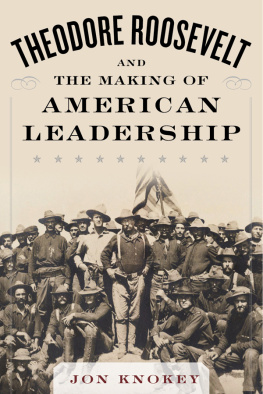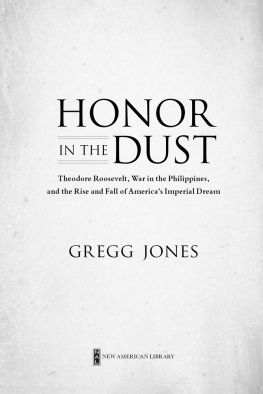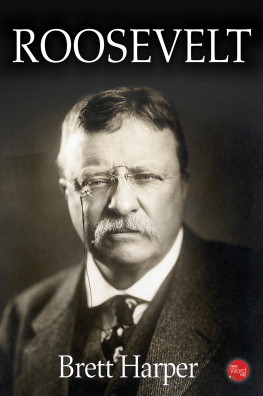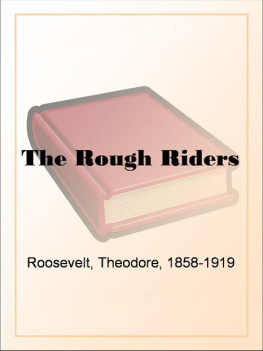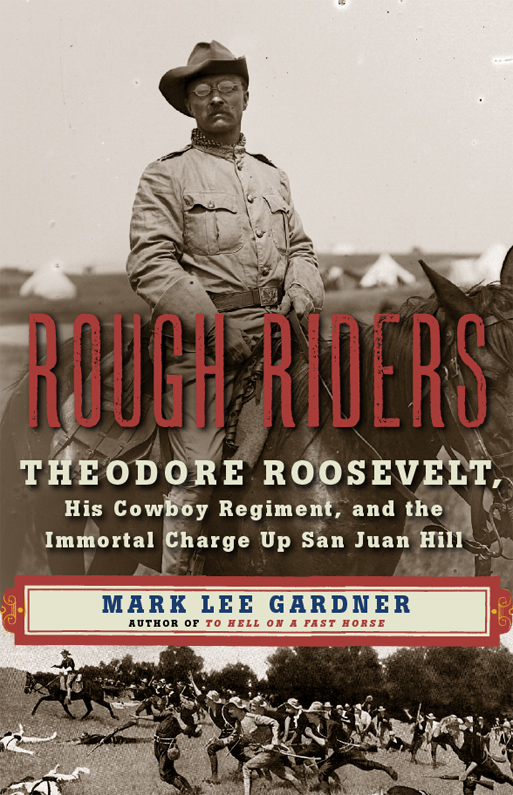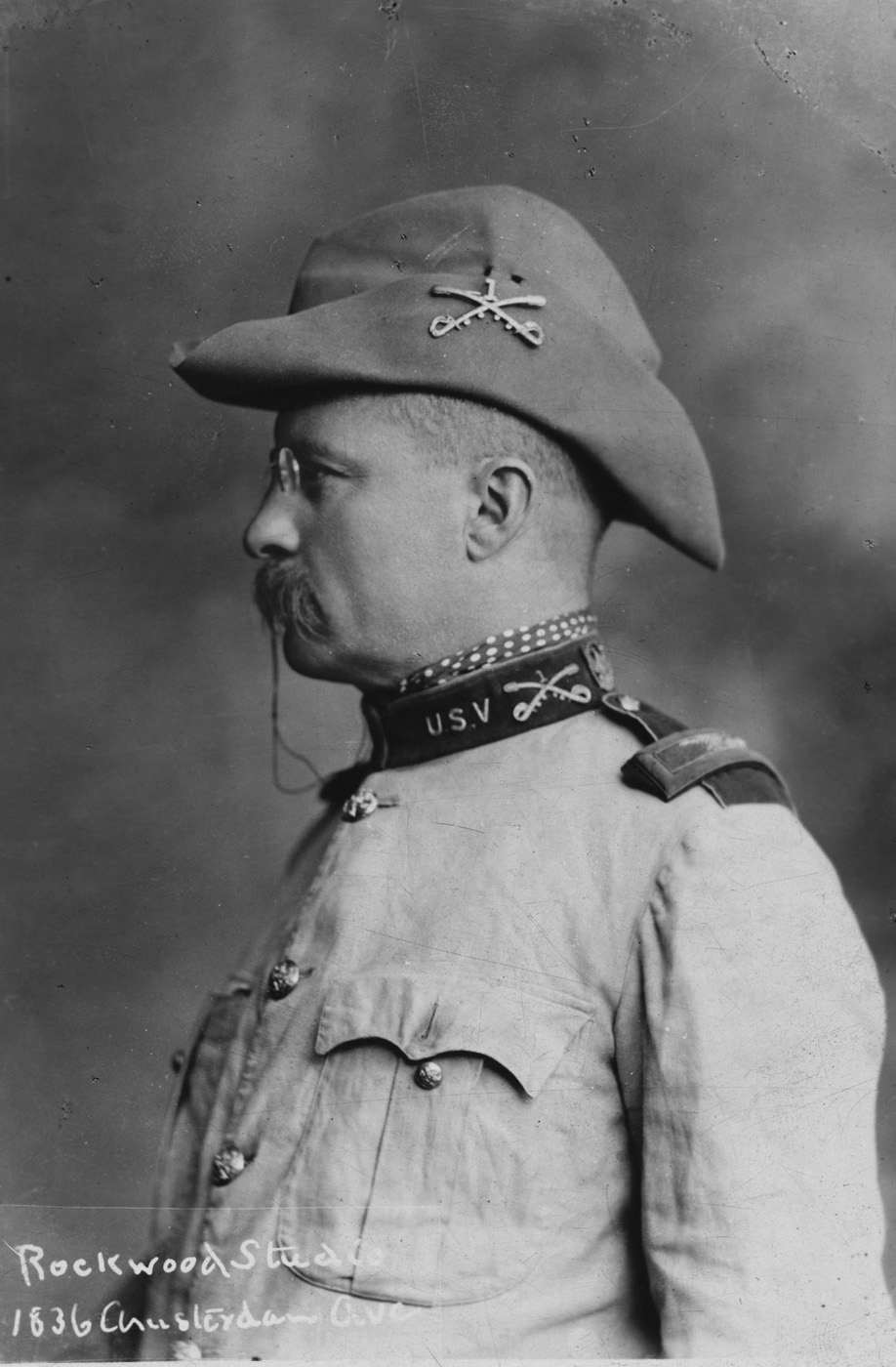Gardner - Rough Riders : Theodore Roosevelt, his cowboy regiment, and the immortal charge up San Juan Hill
Here you can read online Gardner - Rough Riders : Theodore Roosevelt, his cowboy regiment, and the immortal charge up San Juan Hill full text of the book (entire story) in english for free. Download pdf and epub, get meaning, cover and reviews about this ebook. year: 2016, publisher: HarperCollins; William Morrow, genre: History. Description of the work, (preface) as well as reviews are available. Best literature library LitArk.com created for fans of good reading and offers a wide selection of genres:
Romance novel
Science fiction
Adventure
Detective
Science
History
Home and family
Prose
Art
Politics
Computer
Non-fiction
Religion
Business
Children
Humor
Choose a favorite category and find really read worthwhile books. Enjoy immersion in the world of imagination, feel the emotions of the characters or learn something new for yourself, make an fascinating discovery.
Rough Riders : Theodore Roosevelt, his cowboy regiment, and the immortal charge up San Juan Hill: summary, description and annotation
We offer to read an annotation, description, summary or preface (depends on what the author of the book "Rough Riders : Theodore Roosevelt, his cowboy regiment, and the immortal charge up San Juan Hill" wrote himself). If you haven't found the necessary information about the book — write in the comments, we will try to find it.
The first definitive account of this legendary fighting force and its extraordinary leader, Theodore Roosevelt, Mark Lee Gardners Rough Riders is narrative nonfiction at its most invigorating and compulsively readable. Its dramatic unfolding of a familiar, yet not-fully-known story will remind readers of James Swansons Manhunt.
Two months after the sinking of the USS Maine in Havana Harbor in February 1898, Congress authorized President McKinley to recruit a volunteer army to drive the Spaniards from Cuba. From this army emerged the legendary Rough Riders, a mounted regiment drawn from Americas western territories and led by the indomitable Theodore Roosevelt. Its ranks included not only cowboys and other westerners, but several Ivy Leaguers and clubmen, many of them friends of TR. Roosevelt and his men quickly came to symbolize American ruggedness, daring, and individualism. He led them to victory in the famed Battle at San Juan Hill, which made TR a national hero and cemented the Rough Riders place in history.
Now, Mark Lee Gardner synthesizes previously unknown primary accounts as well as period newspaper articles, letters, and diaries from public and private archives in Arizona, Texas, Oklahoma, New Mexico, Boston, and Washington, DC, to produce this authoritative chronicle. He breathes fresh life into the Rough Riders and pays tribute to their daring feats and indomitable leader. Gardner also explores lesser-known aspects of the story, including their relationship with the African-American Buffalo Soldiers, with whom they fought side by side at San Juan Hill.
Rich with action, violence, camaraderie, and courage, Rough Riders sheds new light on the Theodore Roosevelt sagaand on one of the most thrilling chapters in American history.
Gardner: author's other books
Who wrote Rough Riders : Theodore Roosevelt, his cowboy regiment, and the immortal charge up San Juan Hill? Find out the surname, the name of the author of the book and a list of all author's works by series.

